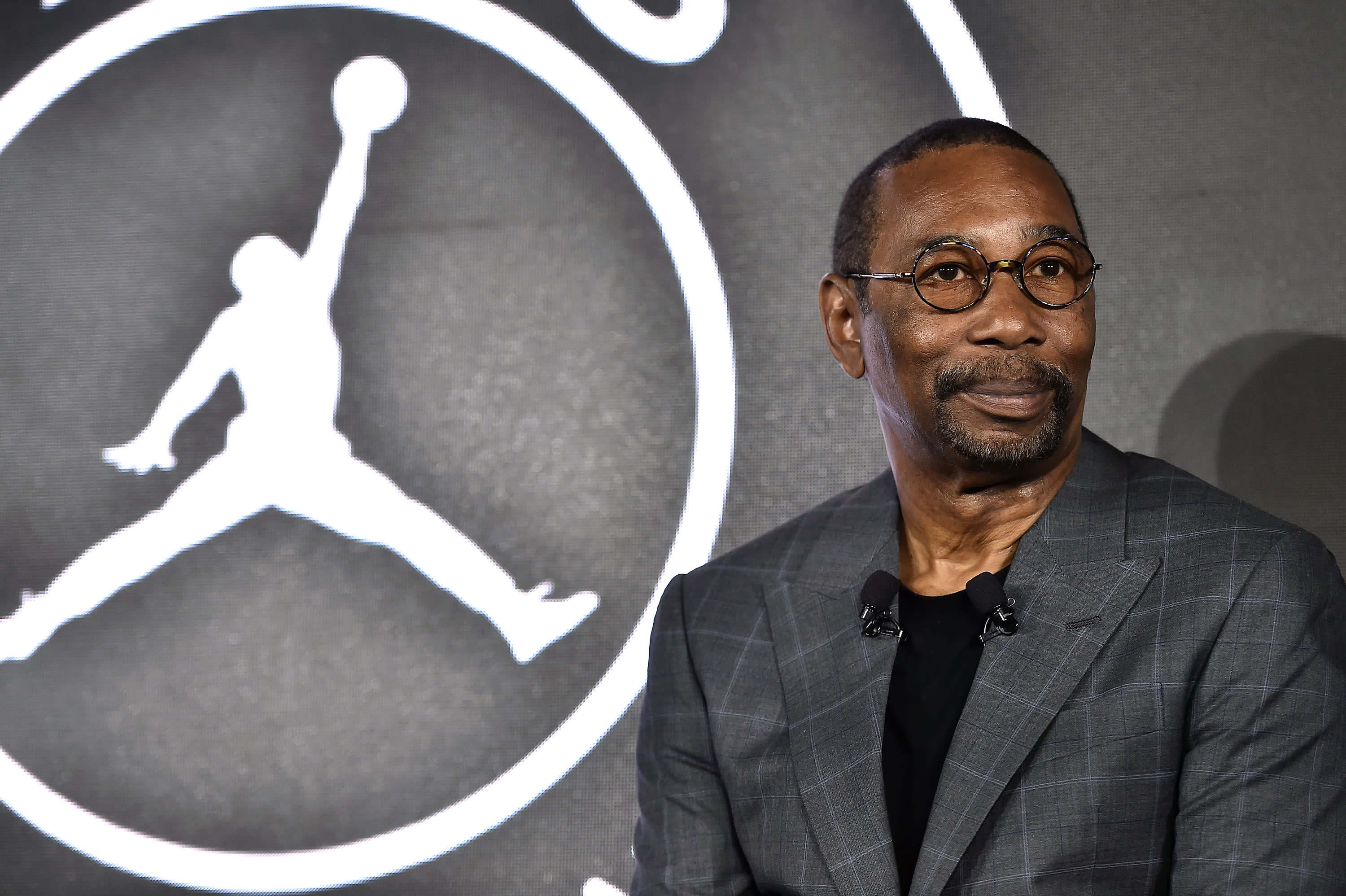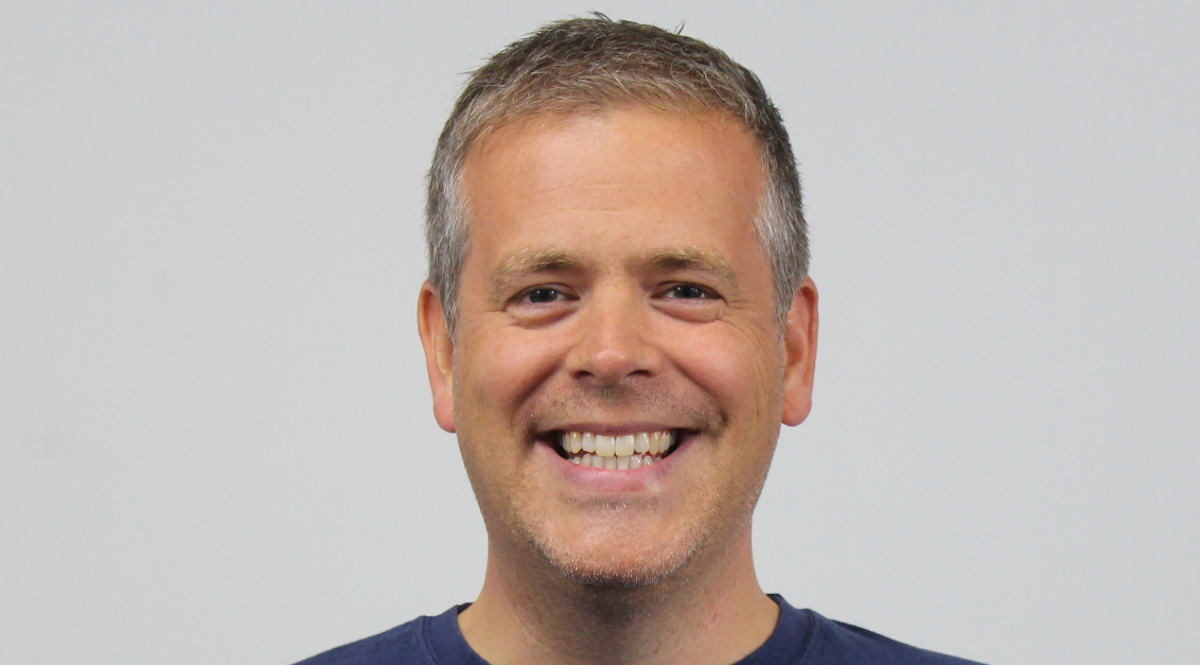Decades ago, he was in jail—now he's a Nike executive advocating for formerly incarcerated people to get second chances
Larry Miller's new memoir "Jump: My Secret Journey From the Streets to the Boardroom" details his journey from teenage prison inmate to Nike executive.

Today, Larry Miller is the chairman of Nike's Jordan Brand. He spent decades rising up the ranks at companies like Campbell Soup, Kraft Foods and the NBA's Portland Trail Blazers.
The whole time, he kept a dark secret: In 1965, at age 16, Miller pleaded guilty to the second-degree murder of another teenager in Philadelphia, serving four and a half years in prison. Shortly after, he served another five for a series of armed robberies.
Miller was publicly identified in the Philadelphia Daily News after pleading guilty to the murder charge, according to research conducted by Sports Illustrated, but nobody seemed to notice as he entered and progressed through the corporate world. It stayed that way until October, when he and his daughter Laila Lacy announced they were co-writing and publishing a tell-all memoir, "Jump: My Secret Journey From the Streets to the Boardroom."
The memoir published last month — and writing it was freeing, Miller told Sports Illustrated in October. More importantly, he said: He hoped it could prove that formerly incarcerated people are capable of rehabilitation and success.
"It's really about making sure that people understand that formerly incarcerated people can make a contribution," Miller said. "And that person's mistake, or the worst mistake that they make in their life, shouldn't control what happens with the rest of [their] life."
Miller, now in his 70s, added that "some of the most creative, intelligent, smart people" he has met were in prison. All of their talents and abilities were "being wasted inside the jails," he said.
While incarcerated, Miller pursued an education using Pell grants available to inmates. Then, he attended college through a day-release program. On Sunday, he told CNN that the experience "made me start to believe that I could actually change my life."
Around the same time as his release, he graduated from Temple University at age 30. He was an interview away from landing a position at a major accounting firm when he decided to disclose his criminal background. He didn't get the job, and spent the rest of his career hiding his previous incarceration.
Miller told Sports Illustrated he never lied on an application, but could usually find loopholes. Most applications only asked if he'd been convicted in the prior five years, he said. But as he became more successful, he started suffering migraine headaches and nightmares.
"There was always this tension and this fear that somehow this is going to come out, and it's going to ruin everything I've built up to this point," he told CNN.
Lacy told Sports Illustrated that she spent years encouraging Miller to break that tension by writing the book. And Miller said he consulted with a close circle of friends and colleagues, including NBA legend Michael Jordan and Nike co-founder Phil Knight, before deciding to do it.
Ahead of the book's release, some controversy did erupt: The family of the teenager Miller killed in 1965 felt blindsided, especially when the Sports Illustrated article publicly named the victim, then-18-year-old Edward White.
In December, Miller met with White's sister, Barbara Mack, and his two children, Hasan Adams and Azizah Arline. Mack and Adams told the New York Times they could forgive Miller. Arline said she needed more time.
According to the Times, Miller in is discussions with the family to establish a scholarship foundation, funded in perpetuity, to help White's descendants — and potentially others, too — attend college or trade school.
"If nothing else comes out of this book … the most important thing for me is to be able to know that in spite of the pain and hurt I caused their family, that they're willing to forgive me," Miller told CNBC's "The News with Shepard Smith" last month.
Sign up now: Get smarter about your money and career with our weekly newsletter
Don't miss:
3 books that will change your mindset about work and success, according to a career coach

 UsenB
UsenB 
























.jpg&h=630&w=1200&q=100&v=6e07dc5773&c=1)







